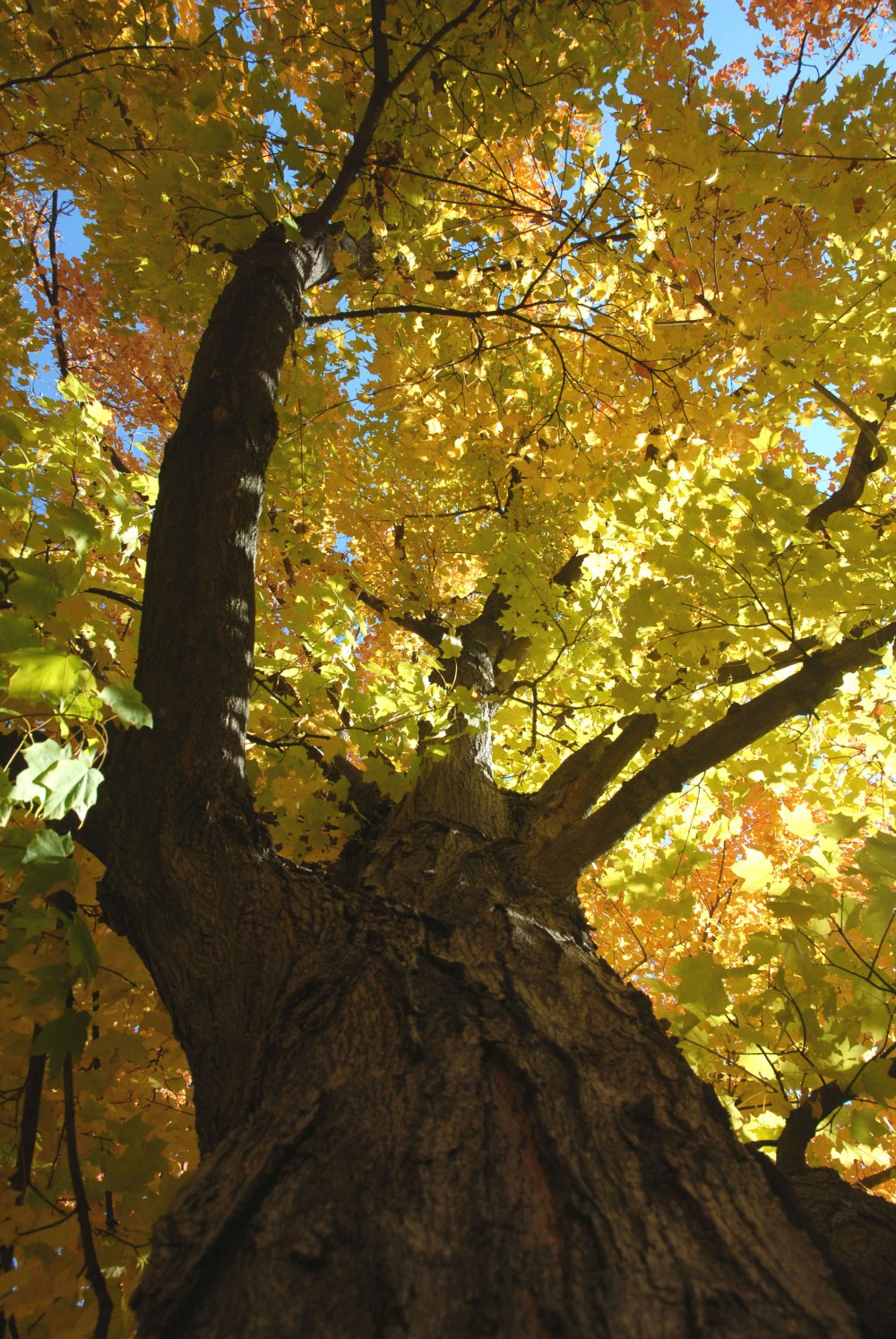Some Bad Arguments Against Climate Action

In which I work out of my system some of the things I have been told are true, and definitely are not…
1. Taking action against the climate crisis costs too much.
Well, no. Renewable energy is now cheaper than fossil fuels. Yes, there is an installation cost. You know what there’s not? Fuel costs. It’s just a win. Anywhere that is choosing to install fossil fuel technology as the old factories die, is simply choosing the more expensive option. Moreover, the longer we take to make the switch, the more damage we will continue to do to our planet. The more damage, the more expensive it’s going to be. More violent storms; more deadly droughts and heat waves. More floods, more expensive food, more clean-up, more displacement, more destruction. The investment in switching now is so much smaller than the cost of trying to repair the damage when we inevitably have to switch later. So let’s just do it now.
2. Why do we have to be the leaders?
The UK government is two things: firstly, it is a “world leader”. And secondly it doesn’t understand why we should have to do anything, unless the rest of the world does. This is of course a position of pure, untenable hypocrisy. Waiting around for everyone else to do something is the definition of not-leading. And as established, the sooner you can get ahead of this, the less money it will cost. And since it is both necessary and inevitable, there’s arguably also huge economic benefit in being right out in front with the technology and development, and actually, you know, leading.
3. But China pollutes way more than we do!
Yeap. As a nation, China does. And you know why? Because China is manufacturing stuff for us. The cars, the tech, the goods, the clothes that are manufactured in China are to a vast degree, made for us. We are the end-consumers. All we’ve done is out-source our pollution to another country, but it’s still our consumption that is in the driving seat. You know the best way to lower China’s emissions? By reducing our consumption. We have that responsibility and that power – let’s stop trying to pretend we don’t.
4. Future-Tech Will Save Us!
Future-tech is here, and can save us. We have the technology to generate clean power, the materials science to recycle and reuse, the infrastructure to make it work and more than enough capital to make a fair, green, equitable future, right now. What we’re saying with “future-tech will save us” is that we don’t want to have to change anything about our lives to make it happen – which is clearly absurd. We are already funding this research with our money, already living with the consequences of climate change and again, I cannot repeat this enough, the longer we wait the more expensive it will be. We can already change the world. The tech is already here, and it’s real, not some loose, unspecified fantasy.
5. Renewable Energy Projects Damage the environment.
This statement includes arguments that solar farms “kill grass” – which on the surface seems fine, until you stop and ask the follow-up question of “compared to what?” Compared to coal mines? Car parks? Nuclear waste dumping sites? Creeping desertification in a warming planet and destroyed forests? This is a somewhat frustrating, facetious argument that feels like it’s clasping at straws.
On a similar note, the argument that wind farms “kill birds” crops up a lot. And yes, sometimes they can. But not compared to glass skyscrapers, which in the US are estimated to kill millions of birds a year. This is not an argument against skyscrapers – merely putting things in context. You know what will really help birds out? Restoring natural habitats for both their security, our pleasure and as massive carbon sinks – a forest being a far better carbon sink long-term than any “future tech” we’re still waiting on.
There is a more relevant conversation to be had about ensuring that those communities where wind farms are built actually have a say in it, and are on-board with this construction. As an eco-nerd, I find wind farms an optimistic, rather beautiful sight – but if you’re just having these things plonked down in your landscape without consultation, then that’s kinda missing the “equitable future” part of the environmentalist’s dream.
6. We need consumption to fuel the economy.
Well, no. No we don’t. The idea that growth is the only metric of economic success is being increasingly debunked, thankfully. We do not in fact need to grow, grow, grow until we pop. Other metrics for economic success are entirely valid, including things like human happiness, quality of life, access to healthcare etc.. It’s also been fairly solidly established that – after a certain point – money absolutely does not buy you happiness. Tying our notions of “success” to GDP rather than say, whether people are feeling alright, is frankly dumb.
7. But the heat will be great for us!
This is a pretty morally bankrupt Anglo-centric argument, in which people argue that soon we’ll have vineyards in Lincolnshire and won’t that be great? It ignores a couple of key points, such as how large swathes of the world will be uninhabitable as a result, at the cost of millions of lives and endless strife. It also ignores details such as how large swathes of Lincolnshire will most likely be underwater, possibly suffering bouts of West Nile virus, and the rain systems on which we depend will have been irreparably altered by the collapse of the Gulf Stream. But hey, if you can survive all of the above, then you plant that vineyard.
8. This is a natural cycle. Humans aren’t responsible.
Yes, there are natural heating/cooling periods in the earth’s history. This ain’t one of them. We did this. We did this and if we don’t stop, it’s gonna kill us. And even if it wasn’t human-led (which it is) why wouldn’t we want to do anything we can to mitigate it anyway, given the note above: it can kill us. Even if you (incorrectly) believe we’re not responsible, why wouldn’t you want to do something to get through this in one, comfy, well-watered piece?
9. It’s too late.
With that attitude, maybe. The clock is ticking. So act now. Acting now is how it is not, in fact, too late.
Also, too late for what? There are scales of disaster here. Too late to save the species as a whole? Probably not. Too late to save millions, if not billions of lives? Too late to prevent us having to invest generations of labour into mitigating projects? That’s the too late I’m personally working to avoid. See above: it’s cheaper to act now, than sit around twiddling your thumbs.
10. There’s Going To Be Eco-Fascists
If you look at 99% of political programmes laid down by environmentalists, they are about as fluffy as they come. Citizens Assemblies and alternative voting tend to crop up a lot, in order to engage as much of the population in politics as is humanly possible. Freedom of speech, religion, bodily autonomy, debate etc., are staples – far more than in most conservative platforms, where we see right now concerted efforts by the right-wing to take away voting rights, reduce the powers of the judiciary, the impartiality of government bodies, worker’s rights and bodily freedoms.
The “freedom” part comes from some of the things that they’d like to regulate. These include using the law to prevent things like massive sewage dumps in our rivers, throwing rubbish into the sea, polluting the atmosphere willy-nilly and recklessly burning the fossil fuels that are killing our planet. They also often want to pay for this by taxing the richest, because again, worth repeating: 1% of the world’s wealthiest hold nearly 48% of the planet’s assets. And the same tiny elite also often control the media through said assets, and it is in their interest to push the idea that wanting to rebalance some of that is, in its own right, “fascist”. This is a deeply offensive line of enquiry from a tiny elite holding a vast amount of power to protect their own interests – not just to the climate movement, but to the many millions of people who have fought against under actual fascism.
11. We’re going to be eating ashes and wearing sackcloth.
Um… no. This is a fear-mongering line of enquiry which essentially argues that even if we could do something about climate change (and we can) we’re going to have to suffer so much, that it’s basically going to be impossible.
Yes, things need to change. But if you look at the climatarian diet, there’s still meat there, there’s still fish – it’s just not every single day of the week. Fast fashion is a no-no, but upcycling, vintage and the second-hand clothes economy is booming, and, it turns out, trendy. You can still take a plane – but the tiny fraction of flyers who make up the vast surplus of emissions are going to be taxed for taking more. We can do this, and it is absolutely fine.
12. I’m powerless.
You’re not. You are vital to the climate movement.
When you vote, when you choose how and where to spend your money, when you speak with your neighbours and loved ones, you are making a difference. Because fundamentally, all this world is are billions of individuals making individual choices, which choices then come together as a community that shapes the world. Whatever you can do, however small it might feel, matters. You matter. Because every single one of you is part of something huge – and that huge thing will never, ever change, without every single one of you. We all feel we need to be the heroes in this story – that we need to do something big, or nothing at all. But I’ve said it before and will say it again – the only reason we remember the March on Washington, is not just because Martin Luther King spoke, but because hundreds of thousands of people showed up to hear him. We don’t have to be heroes – we just have to show up. Showing up changes everything.





